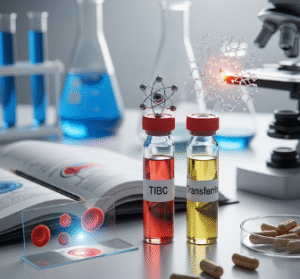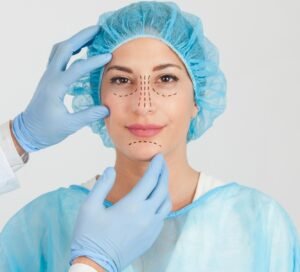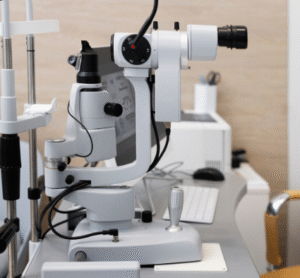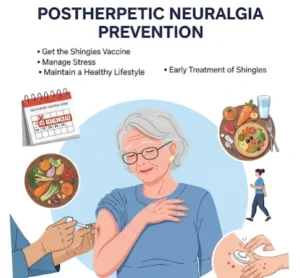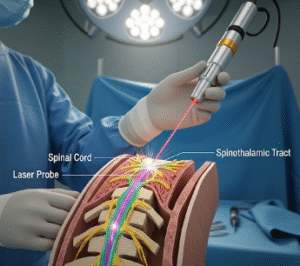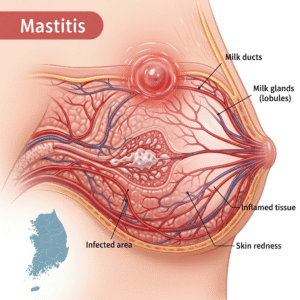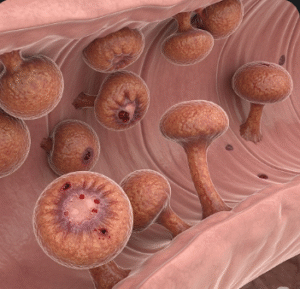Overview
Russell-Silver Syndrome (RSS) is a rare congenital growth disorder characterized by poor growth before and after birth, distinctive facial features, and body asymmetry. Early diagnosis and ongoing management are essential to support growth and developmental outcomes. In Korea, pediatric endocrinologists and genetic specialists provide comprehensive care for children with RSS.
What is Russell-Silver Syndrome?
Russell-Silver Syndrome is a genetic condition causing intrauterine growth restriction, resulting in low birth weight and short stature. Children with RSS often exhibit characteristic facial features and asymmetrical growth of limbs or body parts. The syndrome is caused by genetic or epigenetic abnormalities affecting growth regulation.
Symptoms
- Low birth weight and length despite normal pregnancy
- Slow postnatal growth leading to short stature
- Triangular-shaped face with a prominent forehead
- Body asymmetry (one side of the body or limbs smaller than the other)
- Feeding difficulties and poor appetite in infancy
- Clinodactyly (curved fifth finger)
- Hypoglycemia episodes in infancy
- Delayed motor skills development
Causes
- Genetic and epigenetic abnormalities, including loss of methylation on chromosome 11p15 or maternal uniparental disomy of chromosome 7
- Most cases are sporadic, but some familial cases have been reported
Risk Factors
- Family history of RSS or related growth disorders
- Unknown environmental factors may play a minor role
Complications
- Failure to thrive and developmental delays
- Hypoglycemia which can lead to seizures if untreated
- Feeding difficulties requiring nutritional support
- Psychological challenges due to short stature and physical differences
Prevention
- No known prevention due to genetic cause
- Early diagnosis and monitoring to manage symptoms and prevent complications
Treatment Options in Korea
Korean pediatric and genetic clinics offer multidisciplinary care for RSS:
- Growth Hormone Therapy: To improve height and growth outcomes.
- Nutritional Support: Feeding assistance and dietary planning for infants with poor appetite.
- Metabolic Monitoring: Management of hypoglycemia with dietary adjustments and medications.
- Physical and Occupational Therapy: To support developmental milestones and motor skills.
- Genetic Counseling: For families regarding inheritance and recurrence risks.
- Psychosocial Support: Counseling and support for children and families coping with the condition.


